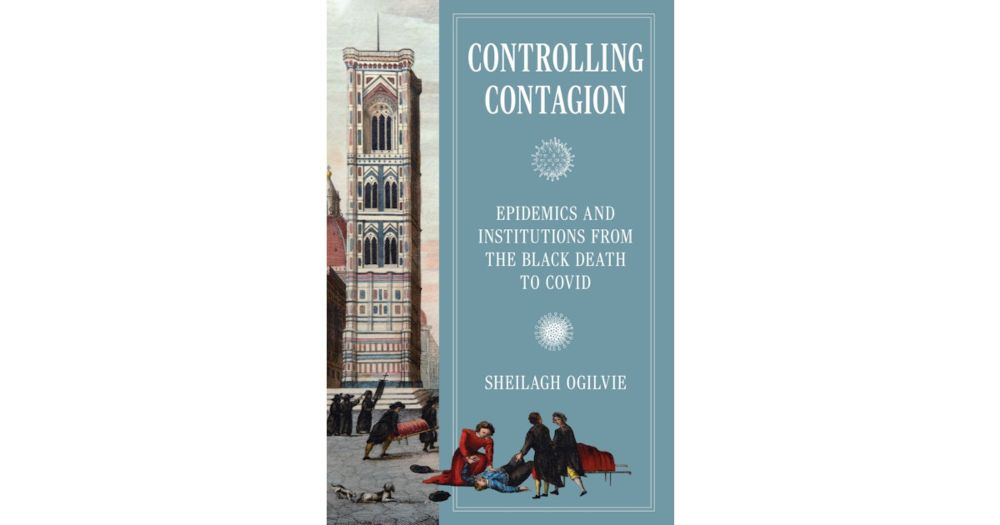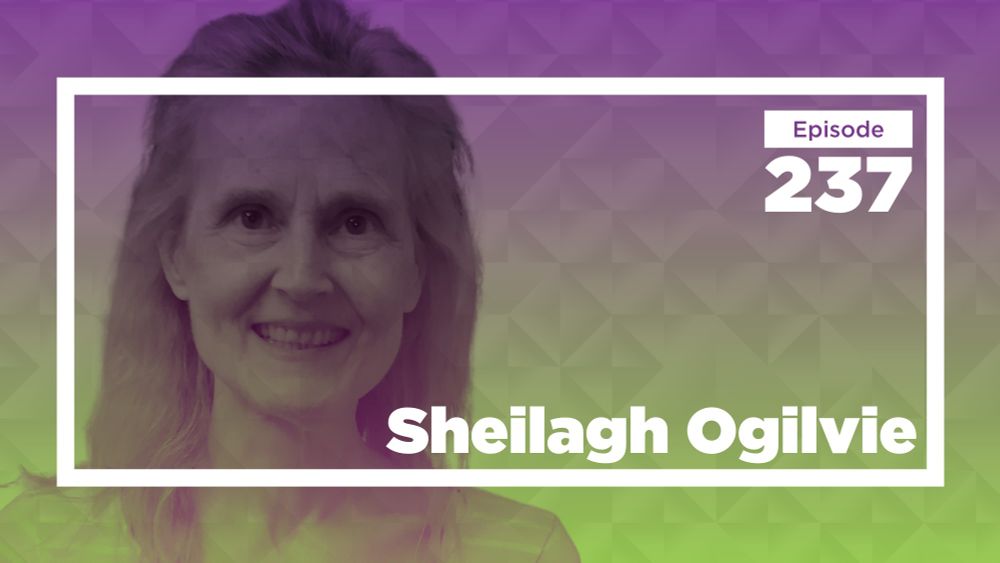
Chichele Professor of Economic History, All Souls College, Oxford
https://sheilaghogilvie.com/
Sheilagh Catheren Ogilvie is a Canadian historian, economist, and academic, specialising in economic history. Since 2020, she has been Chichele Professor of Economic History at the University of Oxford and a Fellow of All Souls College. She was previously a longtime faculty member at the University of Cambridge. .. more

press.princeton.edu/books/hardco...
Reposted by Kris Inwood, Patrick Svensson, Alice Reid


cepr.org/publications...




Reposted by Nuno Palma

Reposted by Nuno Palma
Transplanting Craft Guilds to Colonial Latin America: A Large Language Model Analysis cepr.org/publications... @oxhistoryfaculty.bsky.social @oxford-esh.bsky.social #echist
Reposted by Sheilagh Ogilvie, Alice Reid
@camunicampop.bsky.social
www.campop.geog.cam.ac.uk/blog/2025/03...






Reposted by Nuno Palma



New paper by K. Karaman, A. Henriques, & myself. Contrary to conventional wisdom we find that constrained government & state capacity were not systematically related. England stood out for combining both which helps explain its take-off

Reposted by Sheilagh Ogilvie

New paper by K. Karaman, A. Henriques, & myself. Contrary to conventional wisdom we find that constrained government & state capacity were not systematically related. England stood out for combining both which helps explain its take-off

conversationswithtyler.com/episodes/she...
Reposted by Sheilagh Ogilvie



Reposted by Sheilagh Ogilvie

Reposted by Sheilagh Ogilvie

www.history.ox.ac.uk/event/depart...


Who had access to common land in the past, and how extensive were common rights?
Our latest blog post by Leigh Shaw-Taylor demonstrates that it was not such an open system as we might assume, even before enclosure...
www.campop.geog.cam.ac.uk/blog
#skystorians


